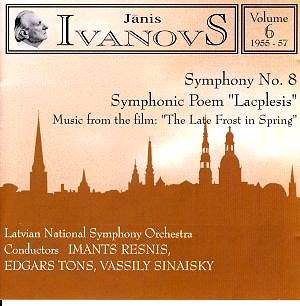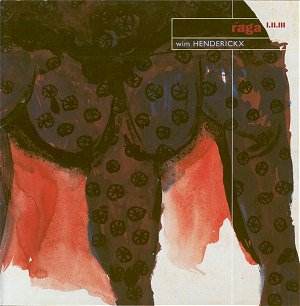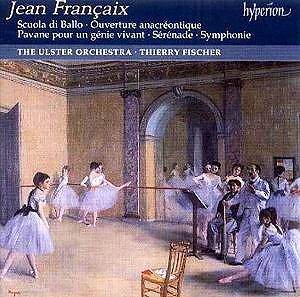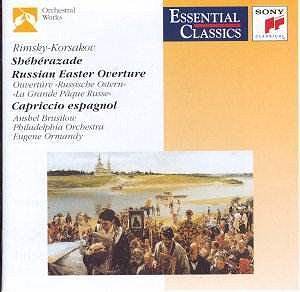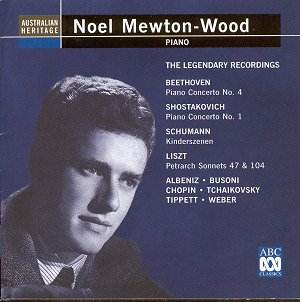 Composer: Noel Mewton-Wood
Composer: Noel Mewton-Wood
Works: Beethoven: Piano Concerto No. 4; Sonata No. 8 for Piano and Violin; Albeniz: Malagueña (arr. Kreisler); Chopin: Tarantelle in A Flat Op. 43; Weber: Sonata No. 1 Op. 24 – Rondo; Liszt: Petrarch Sonnet 47; Petrarch Sonnet 104; Tchaikovsky: Piano Concerto No. 2 Op. 44; Shostakovich: Concerto No. 1 for Piano and Trumpet and Strings Op. 35; Schumann: Kinderszenen Op. 15; Busoni: Sonata for Violin and Piano No. 2 Op. 36a; Tippett: Boyhood’s End; The Heart’s Assurance
Performers: Noel Mewton-Wood, piano; Utrecht Symphony Orchestra; Winterthur Symphony Orchestra; Concert Hall Symphony Orchestra; Walter Goehr, conductor; Ida Haendel, violin; Max Rostal, violin; Peter Pears, tenor; Harry Sevenstern, trumpet
Recording: 1941-1953
Label: ABC
Noel Mewton-Wood remains a poignant figure in the annals of 20th-century piano performance, a gifted artist whose brief career was marked by a profound commitment to both the canon of classical music and the contemporary repertoire of his day. His recordings, now gathered in this comprehensive three-CD set, span a tragically short life, offering insight into a pianist who, despite his untimely death at the age of thirty-one, carved a niche of remarkable interpretative depth and technical prowess. This collection not only serves as a testament to his artistry but also as an exploration of the musical landscape from the early 1940s to the early 1950s, a period teeming with stylistic evolution and vibrant creativity.
The Beethoven Piano Concerto No. 4, recorded with Walter Goehr leading the Utrecht Symphony Orchestra, presents Mewton-Wood’s vigorous yet nuanced interpretation. His approach to the first movement is characterized by incisive clarity and a dramatic flair that complements Beethoven’s intricate dialogue between piano and orchestra. While the orchestra occasionally lacks the depth of sound found in larger ensembles, Mewton-Wood’s rich tonal palette and dynamic contrasts elevate the performance. The slow movement reveals an introspective side, with Mewton-Wood’s lyrical playing beautifully balancing the orchestral fabric. The finale bursts forth with a vivacity that feels both spontaneous and meticulously crafted, showcasing Mewton-Wood’s ability to blend technical brilliance with emotional engagement.
The recordings of the Beethoven Sonata No. 8 and Albeniz’s Malagueña illustrate a youthful exuberance, albeit with some rough edges. Here, Mewton-Wood’s collaboration with violinist Ida Haendel, though never performed live, is spirited yet occasionally lacks the maturity that later recordings reveal. The sound quality of these early Decca sessions suffers from excessive filtering, which detracts from the tonal richness that might have been achieved. Nevertheless, the raw enthusiasm of these performances is palpable, suggesting the potential of Mewton-Wood’s burgeoning artistry.
In contrast, the Liszt Petrarch Sonnets, likely taken from Mewton-Wood’s last BBC recital, are strikingly vivid, imbued with a fervor that borders on the explosive. The technical demands of these pieces are met with remarkable virtuosity, as he navigates Liszt’s intricate textures with both bravura and sensitivity. The final two tracks featuring Peter Pears in Tippett’s Boyhood’s End and The Heart’s Assurance are particularly noteworthy, demonstrating Mewton-Wood’s exceptional ability to accompany the tenor with nuanced understanding and interpretative insight. The partnership here shines, revealing an intuitive synergy that serves the music beautifully.
The Tchaikovsky Piano Concerto No. 2 stands out as a highlight of this collection, showcasing Mewton-Wood’s formidable technique and interpretative flair. His reading is marked by a blend of delicacy and power, particularly in the opening movement where his technical finesse is on full display. The orchestra, though not always on par with the soloist, supports Mewton-Wood’s commanding presence, particularly in the more exuberant passages. Similarly, his collaboration with trumpeter Harry Sevenstern in Shostakovich’s Concerto No. 1 exudes a bracing energy, marked by an almost theatrical intensity that captures the spirit of the work.
This collection, while offering a mixed bag of sound quality—especially in the earlier recordings—ultimately serves to enshrine Mewton-Wood’s legacy as a pianist of considerable insight and emotional depth. Each performance is imbued with a palpable sense of struggle and triumph, reflective of a musician who engaged deeply with the repertoire of his time. The engineering, particularly in the later sessions, allows for an appreciation of Mewton-Wood’s nuanced touch and dynamic range, even as some earlier tracks suffer from less favorable recording conditions.
An exploration of this anthology reveals a significant but briefly flickering flame in classical music history. Mewton-Wood’s artistry, marked by both technical prowess and emotional depth, stands as a poignant reminder of the heights that were tragically cut short, offering listeners a compelling invitation to revisit the works of a truly remarkable pianist.
